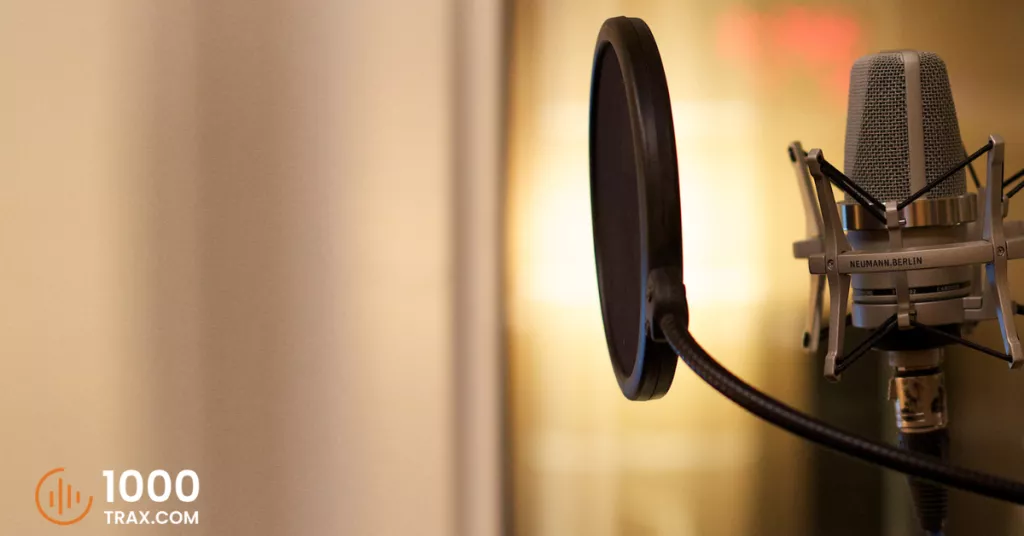The music industry has undergone a transformative shift with the advent of music streaming platforms. While these platforms have brought unprecedented convenience to music enthusiasts, a growing concern is emerging within the industry: the issue of inadequate compensation for artists.
This concern has gained prominence following recent notices from The Mechanical Licensing Collective (The MLC) announcing audits of Digital Service Providers (DSPs), including industry giants like Spotify, SoundCloud, and Apple Music[1]. These audits aim to verify the accuracy of royalty reporting, shedding light on an industry characterised by financial opacity.
The MLC, a nonprofit entity designated by the United States Copyright Office[2], was created to develop and oversee a mechanical licensing system, which commenced on January 1, 2021. Among its vital roles is the collection and distribution of royalties owed to songwriters and copyright holders by digital music services.
Within this evolving landscape, artists face two significant challenges: receiving meager royalties from streaming services and witnessing copyright violations as businesses exploit private Spotify accounts to play music in public spaces. These private accounts, originally intended for individual use[3], are being used on a commercial scale without the required licenses, resulting in substantial financial losses for artists[4]. According to Nielsen Music research composers, artists, and musicians could be missing out on an estimated $2.65bn a year[4].
The combination of low streaming royalties and businesses circumventing commercial licenses poses a significant threat to artists' livelihoods, as their creative efforts are undervalued.
Recent reports indicate that artists receive a mere $0.00318 per stream from Spotify[5], sparking widespread debates about the sustainability of this model for musicians.
As auditors delve into DSPs' financial records, they shed light on an industry that has often operated in the shadows, leaving artists in the dark about the true worth of their creative works. The violation of copyright laws by businesses using private Spotify accounts underscores the pressing need for increased transparency and enforcement to safeguard artists' intellectual property.
The MLC's audits of DSPs send a clear message that the industry must be held accountable for accurate royalty reporting. These audits represent a crucial step toward ensuring that artists receive the fair compensation they deserve, addressing the longstanding issue of underpayment in the music streaming era.
Neglecting the value of music and the artists behind it threatens to mute the soundtrack of our lives.
As consumers, businesses, and lawmakers, it is our shared responsibility to ensure that artists not only gain recognition through their music but also receive just compensation for their creative endeavors.
Source:
[1] https://www.themlc.com/dsp-audits
[2] https://www.themlc.com/
[3] https://support.spotify.com/us/article/spotify-public-commercial-use/
[4] https://www.forbes.com/sites/heatherfarmbrough/2018/10/15/why-your-business-may-be-breaking-the-law-by-streaming-personal-playlists/?sh=1c969c142455
[5] https://www.businessofapps.com/data/spotify-statistics/
About 1000TRAX:
1000TRAX is a music production company that offers a copyright-free music streaming solution for businesses. 1000TRAX LIMITED is a registered company in England and Wales under company number 13814732, with its registered office located at Third Floor, 12 East Passage, London EC1A 7LP.
For media inquiries, please contact:
1000TRAX:
CEO
Bettina van Wylich-Muxoll
Tel.: +45 22704724
E-mail: bettina@1000trax.com
Bettina van Wylich-Muxoll
1000TRAX.com
+45 22 70 47 24
